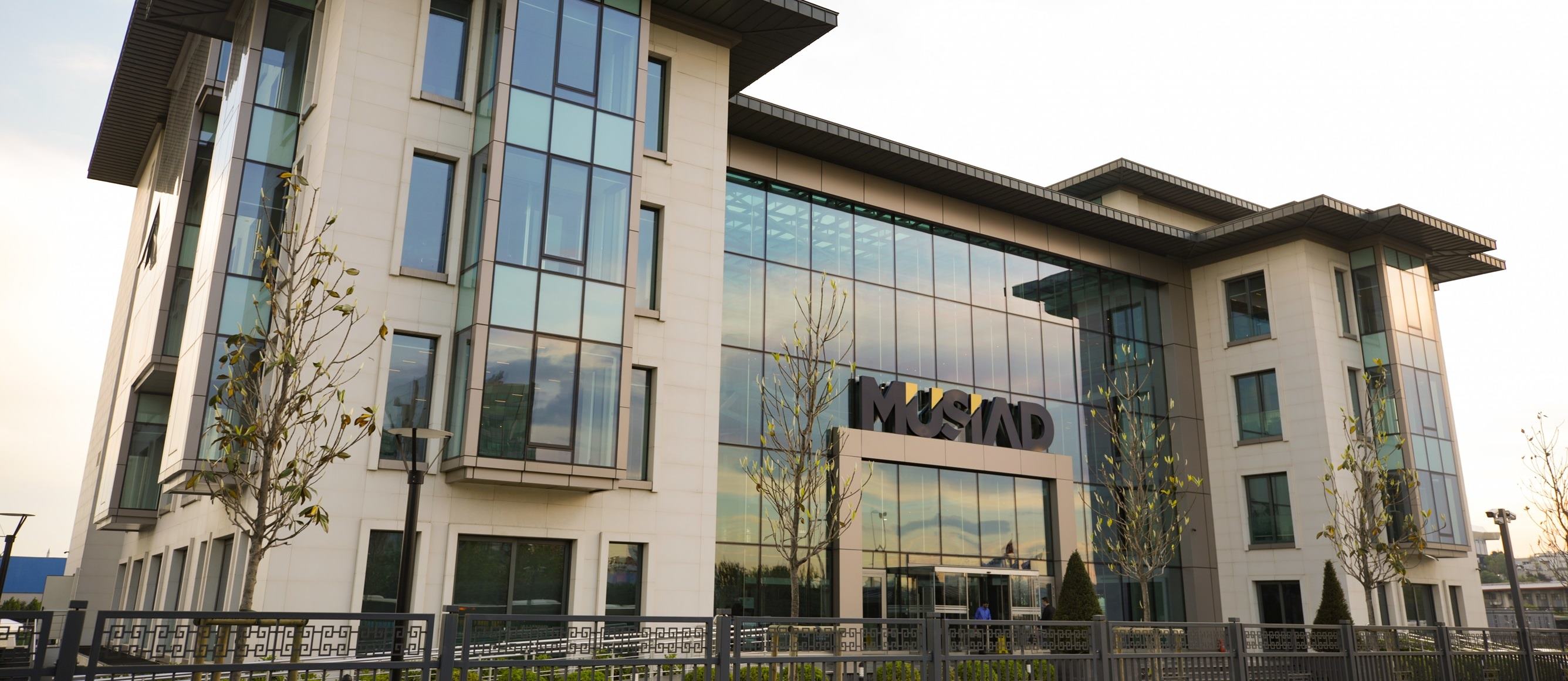Following the severe earthquakes centered in Kahramanmaraş, MÜSİAD mobilized to help heal the wounds and continues its work in the disaster area. In a statement, MÜSİAD stated that it will show solidarity with citizens in the region by setting up sahur and iftar tables.
The Independent Industrialists' and Businessmen's Association (MÜSİAD) continues its work in the affected provinces without interruption following the severe earthquakes centered in Kahramanmaraş on February 6th. With the support of domestic and international MÜSİAD members, MÜSİAD dispatched more than 3,000 trucks to the region under the coordination of the MÜSİAD Crisis Desk, established from the very first moment of the earthquake. MÜSİAD mobilized the region with the logistics centers it has established.
MÜSİAD also established soup kitchens and mobile kitchens in the earthquake-affected provinces. It continues its day and night efforts to heal the wounds with the field hospital built in Hatay with the support of its members. It also continues its work on container living cities in Kahramanmaraş, Elbistan, and Adıyaman.
In addition to these efforts, the Karz-ı Hasen call made by MÜSİAD President Mahmut Asmalı is of great importance to producers affected by the disaster zones. Through the Karz-ı Hasen tradition, MÜSİAD provides interest-free or grant capital support to its business members in the region. It also pairs members in the disaster zone with members in other provinces, encouraging continued production.
In a statement regarding Ramadan, MÜSİAD announced that it will support earthquake-affected citizens with sahur and iftar tables to be set up in the disaster zones throughout Ramadan.
The statement also noted that sahur and iftar tables will be set up in the affected areas of Kahramanmaraş, Malatya, Adıyaman, Hatay, and Gaziantep, where the earthquake caused extensive destruction. The statement stated, "We are one and united. We will heal our wounds together and rise up together."
In a statement, MÜSİAD also emphasized that aid continues without interruption for citizens evacuated from all disaster-affected cities and earthquake zones, and that efforts are underway in coordination with relevant state authorities to meet needs such as food and basic needs, emergency health services, and shelter in the region.

